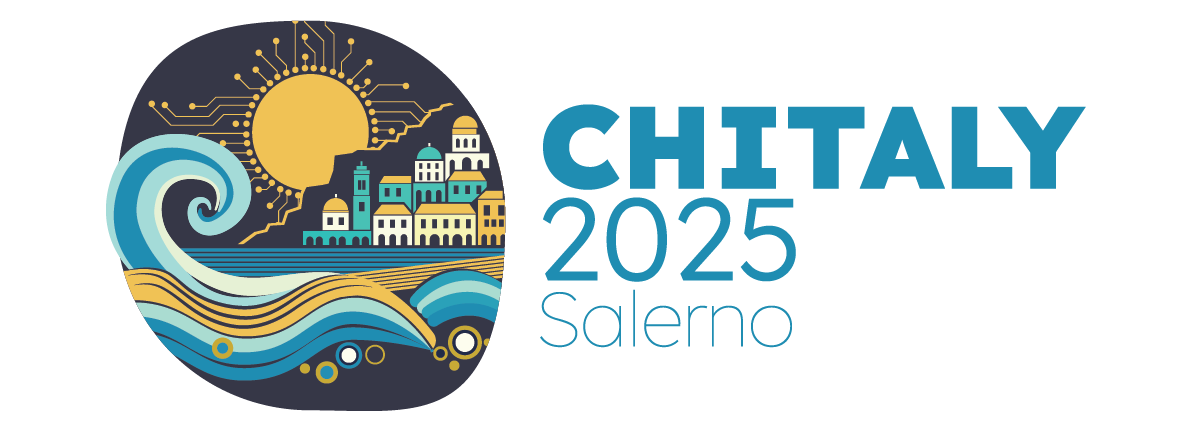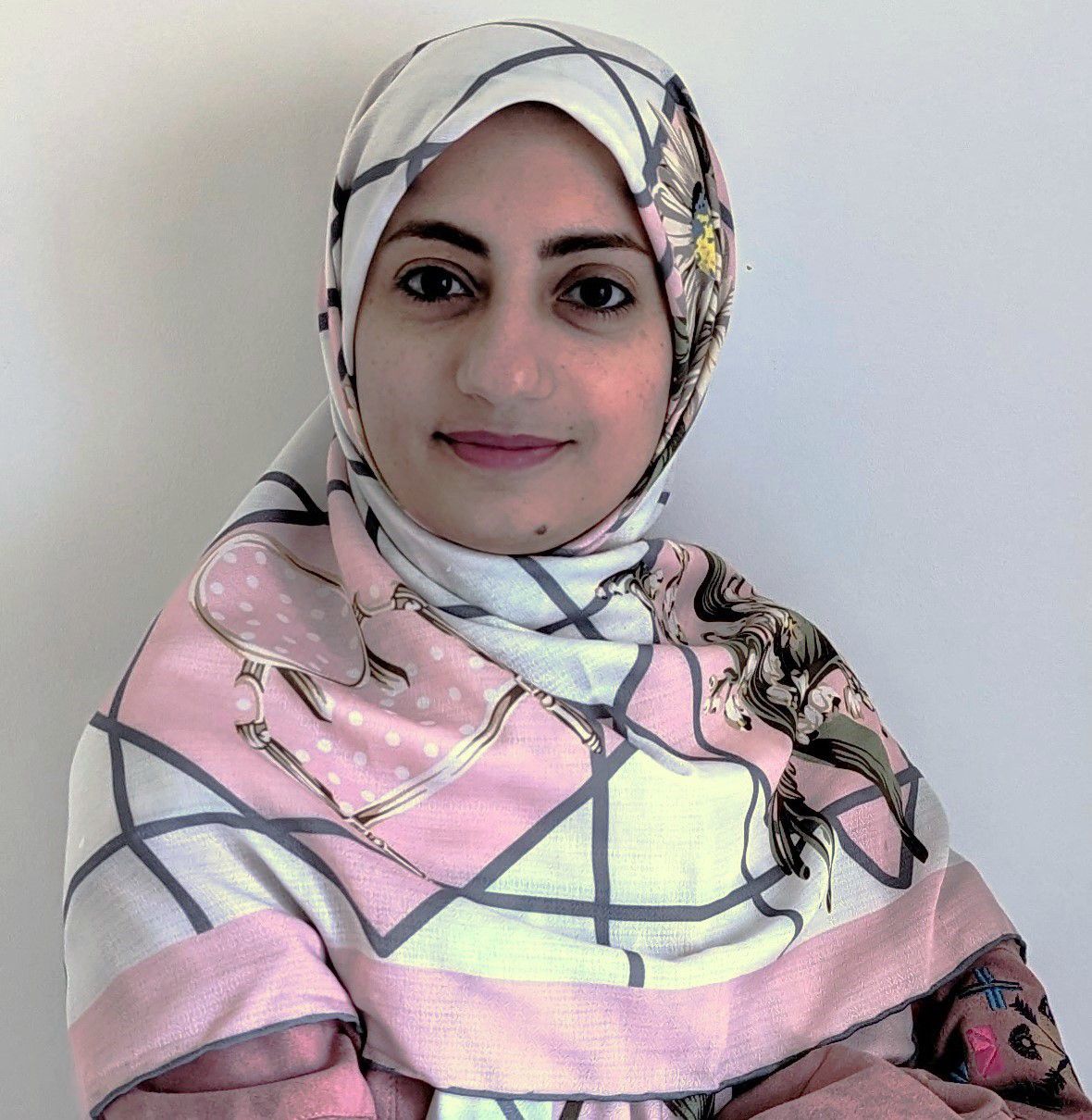SPECIAL SESSION ON HUMAN-AUTOMATED VEHICLE INTERACTION
New Interfaces and New Interaction Paradigms for Empowering Passengers
We are excited to invite you to the Special Session on Human-Automated Vehicle Interaction at CHItaly 2025, a one-session, half day event dedicated to exploring the future of user experience in automated vehicles through research, hands-on experimentation, and interdisciplinary collaboration. We welcome contributions that focus on human interaction with automated vehicles. We invite researchers, designers, students, and practitioners to
submit their work and join us for this engaging, half-day experience.
If the conference schedule will allow, a half day in the AV-simulator, experiencing VR/MR-based UX, at University of Salerno, with a following discussion panel, will be organized.
We welcome submissions on topics including, but not limited to:
- Interface design for various levels of automated vehicles
- User trust, mental models, and transparency in AV systems
- In-vehicle UX and interaction modalities (visual, auditory, haptic, etc.)
- Passenger comfort, safety, and emotional experience
- Ethical and inclusive design for autonomous mobility
This special session will include:
- Peer–reviewed paper presentations
- Esteemed industry and academic experts will be joining us
Organizers
This session is organized by Prof. Alessandro Naddeo and Saeedeh Mosaferchi
Prof. Alessandro Naddeo works at the Department of Industrial Engineering (DIIn), Università degli Studi di Salerno and heads the “Human Centered Design and Vehicle Design by Simulation” Lab. His major is on design methodologies’ development and comfort studies, especially in seating ergonomics and automated vehicles. His interdisciplinary research spans neurosurgery, implantology, and industrial design, blending human-centered science with cutting-edge technology.
Saeedeh Mosaferchi is a PhD student in Human Factors and Ergonomics, Department of Industrial Engineering (DIIn), Università degli Studi di Salerno. Concentrating on human-AV interactions, and utilizing VR and MR, she develops trustworthy interfaces to empower UX.
Join us in shaping the future of Human-AV interaction!
All submissions will undergo a rigorous blind peer-review process. Accepted papers will be included in the Conference Proceedings and published in the ACM Digital Library within the International Conference Proceedings Series. Authors of accepted papers are required to submit a final, camera-ready version in ACM format ahead of the conference. Additionally, authors of selected high-quality papers will be invited to submit extended versions for potential publication in special issues of leading international journals.
Important Dates*:
Submission deadline: May 15, 2025
Review Notification: June 14, 2025
Final Camera-ready Submission: July 31, 2025
* Please, note that all deadlines follow the Anywhere on Earth (AoE) time zone, meaning submissions are accepted until the end of day D in AoE
Paper Format and Submission Guidelines
All paper submissions must be prepared in English, and authors are required to use the ACM single-column submission template for all submissions. The recommended page limits are as follows:
- Long Papers: A maximum of 10 pages(*) for long papers, excluding references
- Short Papers: A maximum of 6 pages(*) for short papers, excluding references
(*) page limit is in terms of double column format.
ACM single-column submission templates are available for both Word and LaTeX:

Word Template
Microsoft Word is a word-processing program that allows for the creation of simple and complex documents.
LaTeX Template
LaTeX is a document preparation system and markup language widely used for creating professional/quality documents.
If you choose to use LaTeX, follow the instructions under the section “The ACM Article Template: Using LaTeX“. For complete guidelines on ACM formatting, please consult the ACM website. Submissions must be uploaded in PDF format via Easy Chair.
Important note to authors about the new ACM open-access publishing model
ACM has introduced a new open-access publishing model for the International Conference Proceedings Series (ICPS). Authors based at institutions that are not yet part of the ACM Open program and do not qualify for a waiver will be required to pay an article processing charge (APC) to publish their ICPS article in the ACM Digital Library.
To determine whether or not an APC will be applicable to your article, please follow the detailed guidance here: https://www.acm.org/publications/icps/author-guidance.
Further information may be found on the ACM website, as follows:
Full details of the new ICPS publishing model
Full details of the ACM Open program
Please direct all questions about the new model to icps-info@acm.org.
* Select the “SS: Human-Automated Vehicle Interaction” track to submit to this special session
Transparency and ethics
Transparency in research is a priority for CHItaly submissions, as it enables reviewers to thoroughly evaluate the work and provides the research community with a foundation for further study. Accordingly, research transparency is rigorously considered during the review process.


